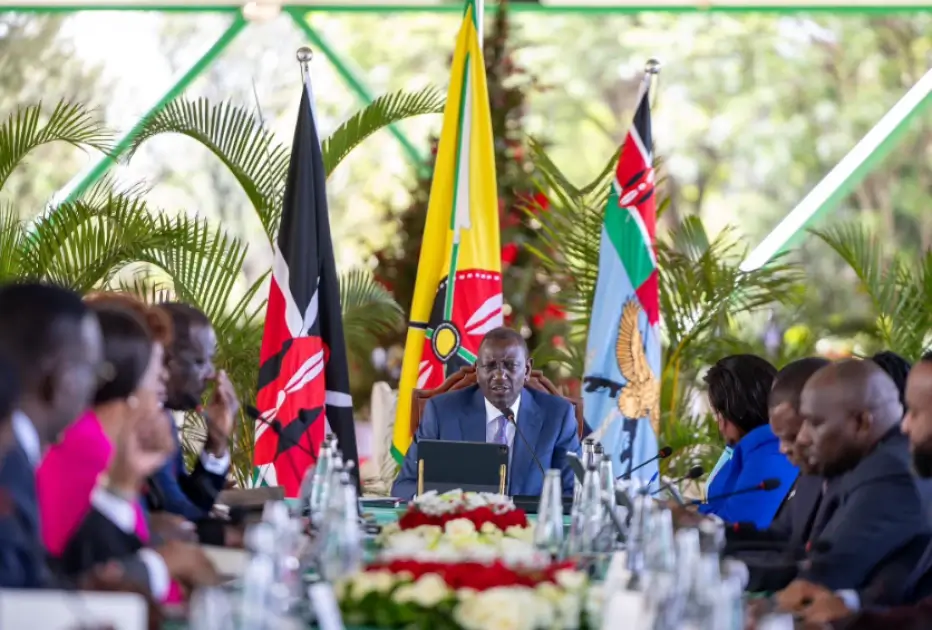The Kenya cabinet has finalised the preparation of the 2025/26 4.2 trillion shillings ($32.65 billion) budget. This is after it scrapped 153 billion shillings from the proposed budget presented earlier. While making this announcement on Tuesday 11th 2025, Kenya’s president, William Ruto, noted that the budget will be sent to the Parliament for its approval.
.The cabinet also ratified the 344.8 billion shillings for expenditure in the 2024/25 budget.
The budget allocated 3.09 trillion shillings for recurrent expenditure and 725.1 billion shillings for development projects. Also, 436.7 billion shillings has been earmarked for county transfers, while 5 billion shillings have been set aside for the Contingency Fund.
The 2024 Kenyan youth protests and the budget
In June 2024, Kenyan youths protested against the plan tax hikes contained in the controversial 2024 Finance Bill. As a result of the clashes which resulted in the death of both civilians and the police, Ruto was forced to shove the bill, abandoning the projected 346 billion shillings ($2.7 billion) to be realised.
Despite the non implementation of the bill, the cabinet reaffirmed the finance ministry’s economic growth forecasts of 5.3% in 2025 and 2026, from an estimated 4.6% expansion in 2024.
The government projects that the predicted economic growth will be supported by increased agricultural productivity, a resilient services sector, and strategic government interventions.
The big picture for the 2025/26 budget
The budget has outlined six main areas which it seeks to improve: the cost of living, eradicating hunger, creating jobs, expanding the tax base, improving foreign exchange balances, and fostering inclusive growth.
To improve the economic conditions in Kenya, the government’s fiscal policy for 2025/26 is focused on fiscal consolidation to reduce debt vulnerability while ensuring adequate funding for essential public services. It hopes to achieve this through expenditure rationalisation, revenue mobilisation, and enhanced tax compliance.
The cabinet also disclosed that it plans to transition to accrual-based accounting, and adopt the Treasury Single Account to improve cash flow management.
It also plans to fully operationalise the Integrated Financial Management Information System (IFMIS) asset inventory management modules and scale up public-private partnerships (PPPs) to enhance private sector involvement in public service delivery.






